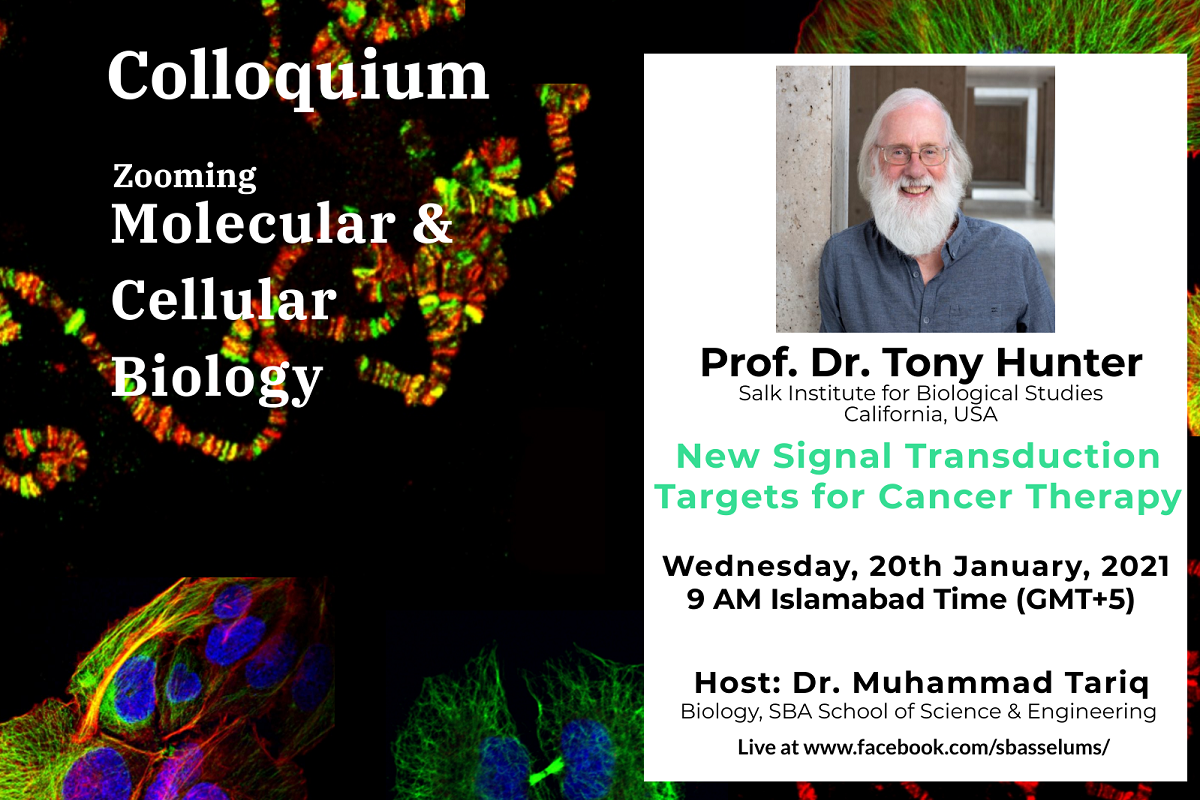
New Signal Transduction Targets for Cancer Therapy
Histidine phosphorylation, the so-called “hidden phosphoproteome”, is poorly characterized. To study histidine phosphorylation, we generated mAbs that selectively recognize the 1-pHis and 3-pHis-isoforms and have determined the structural basis of antibody recognition of pHis. We have used these mAbs for immunoblotting and immunofluorescence staining to detect increased levels of pHis proteins in human cell lines, and also to survey the pHis proteome and identify new sites of histidine phosphorylation. Using these mAbs, we collaborated with Michael Hall (Biozentrum, Basel) to show that pHis levels are elevated in liver tumors in a mouse model, and in human hepatocellular carcinoma (HCC) tumor tissue, as a result of reduced levels of the LHPP pHis phosphatase in tumor tissue. On this basis, we propose that LHPP serves as a tumor suppressor in HCC, and that histidine phosphorylation can act as a cancer driver. Consistently, we have recently observed elevated levels of pHis proteins in PDAC stromal cells.
Professor Tony Hunter is one of our guest speakers at the colloquium series - Zooming Molecular and Cellular Biology. His topic of discussion is "New Signal Transduction for Cancer Therapy". This online seminar is certainly an opportunity to learn from an expert in the field and is an honor for us that he spent time with us.
Prof. Hunter is an authority in the field of cell signaling and cancer. He has spent much of the past 40 years studying protein kinases and phosphatases, and the role of protein phosphorylation in cell proliferation and the cell cycle, and how aberrant phosphorylation causes cancer.
Tony Hunter received his BA and PhD from the University of Cambridge, England, and completed postdoctoral training at the Salk Institute for Biological Studies and the University of Cambridge. In 1979, through his work on tumor viruses as a faculty member at the Salk Institute, he discovered a new class of protein kinases that phosphorylates tyrosine residues in proteins, and demonstrated that dysregulated tyrosine phosphorylation by an activated tyrosine kinase causes malignant transformation. Subsequently, he and others showed that tyrosine phosphorylation is a widespread reversible protein modification essential for the regulation of a wide variety of cellular processes in multicellular eukaryotes, including transmembrane signal transduction by surface receptors, cell growth control, cell migration, axonal guidance and neural transmission, and cell cycle control. His work together with that of many others has shown that aberrant tyrosine phosphorylation is causal in several types of human cancer and in other diseases, and this has led to the successful development of inhibitors that target disease-causing tyrosine kinases (TKIs), such as Gleevec, a BCR-ABL inhibitor used for treatment of chronic myelogenous leukemia. Currently, 52 TKIs are approved for clinical use in the treatment of cancer and other diseases.
Hunter has spent much of the past 40 years studying protein kinases and phosphatases, and the role of protein phosphorylation in cell proliferation and the cell cycle, and how aberrant phosphorylation causes cancer. His group also works on other types of post-translational modifications (PTMs), including ubiquitylation, where he discovered the RING domain class of E3 Ub ligases, and sumoylation, where he identified a class of E3 ubiquitin ligases, STUbLs, that specifically target sumoylated proteins for ubiquitylation. Most recently, he has been studying histidine phosphorylation, and has generated monoclonal antibodies specific for the two isoforms of phosphohistidine, and used these to uncover a role for histidine phosphorylation in liver cancer. Most recently, he has investigated the role of stromal cells in pancreatic cancer, discovering a role for the LIF cytokine secreted by cancer-associated fibroblasts in tumor progression.
Hunter has received many awards for his work on tyrosine phosphorylation, including a Gairdner Canada International Award, the Louisa Gross Horwitz Prize, the Wolf Prize in Medicine, the Royal Medal of the Royal Society, and most recently the Pezcoller-AACR Award for Cancer Research, the Sjöberg Prize for Cancer Research and the Tang Prize for Biopharmaceutical Science. He is a fellow of the Royal Society of London and the American Association for Cancer Research Academy, and a member of the US National Academy of Sciences, the European Molecular Biology Organization, the American Academy of Arts and Sciences, the US National Academy of Medicine, and the American Philosophical Society.

